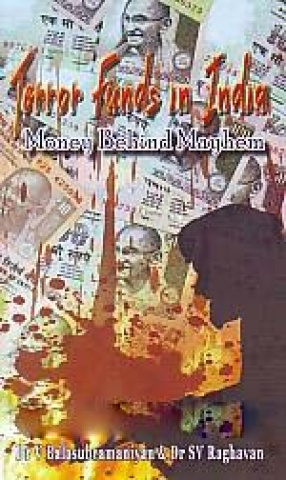
Lancers Books

30 books
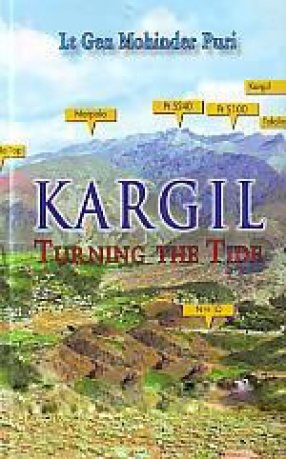
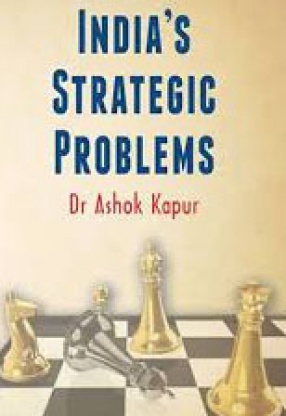
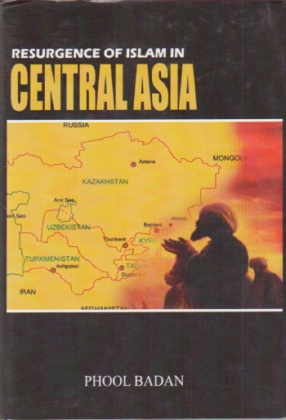
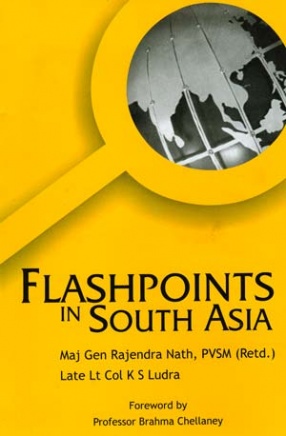
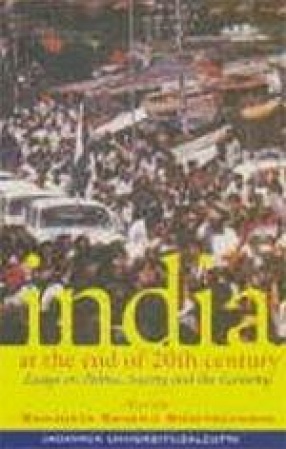
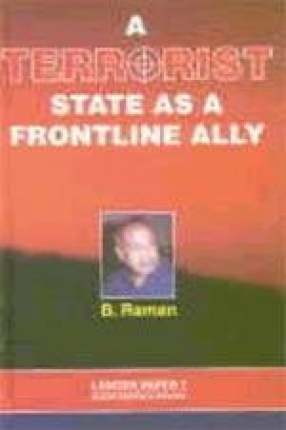
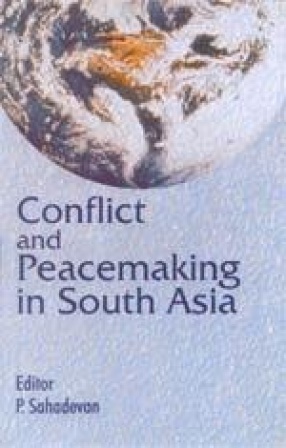
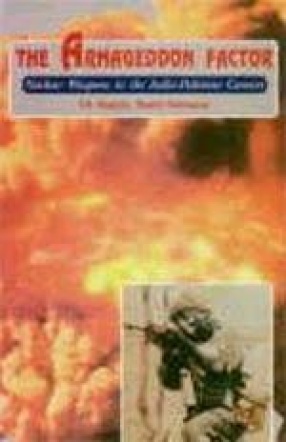
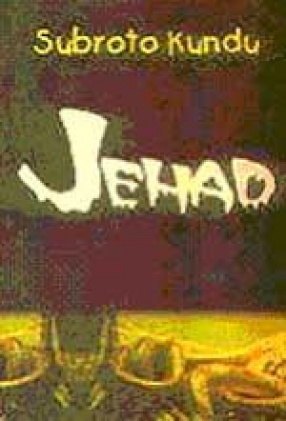


This book is a gripping account of the operations of 8 Mountain Division, which was tasked to evict the enemy from the Drass-Mushkoh Sector during Op Vijay. Coming from the pen of Lt Gen (then Maj Gen) Mohinder Puri, who led the division during the operations, the book is as authentic an account of the operations as one can hope to have. Written in a racy style, the book vividly captures the emotions and sentiments of a soldier; the apprehensions and fears of the ...

India had a bad introduction to the world of diplomacy and military strategy because her first Prime Minister Jawaharlal Nehru, lacked administrative, diplomatic and military experiences. His policies ignored major global trends which were based on geopolitical calculations rather than moral force. The distortions which Nehru created became a permanent feature of Congress Party’s strategic culture.
The process of unwinding the Nehru legacy has been slow and ...

The main focus of this volume is on resurgence of Islam in Central Asia after the disintegration of the Soviet Union. This book discusses how Islam survived in the region during the Soviet period and how Gorbachev’s reform policies of Perestroika and Glasnost helped in reviving Islam in the region. It also throws light on the different shades of Islamic movement and their impact on the religious policies and governance of the region. The emergence of ...
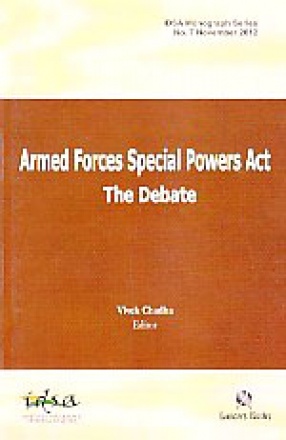
The constitutional validity of the Armed Forces Special Provisions Act (AFSPA) has been upheld by the Supreme Court, but it remains controversial as it is considered anti-people. It has been enforced in Jammu and Kashmir and the North-east states of India to contain insurgency and extremism. What makes it controversial is that it gives the armed forces the licence to act with impunity and commit human rights violations without any accountability. The book ...
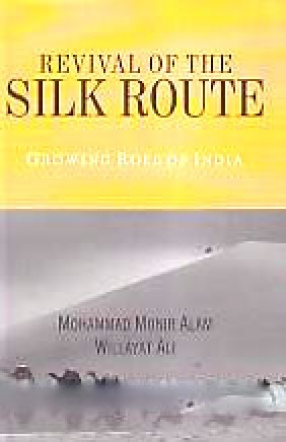
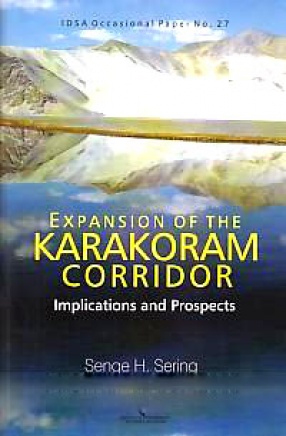
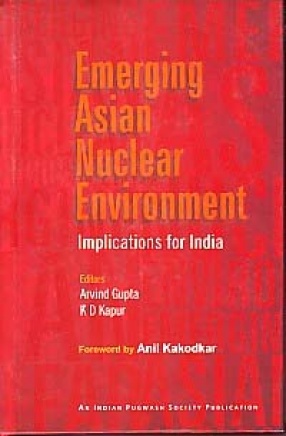
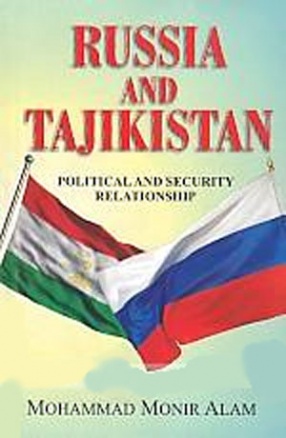
The disintegration of the Union of Soviet Socialist Republics was an unprecedented epoch making event of the twentieth century. The sudden dismantle of the Soviet Union resulted in creation of a situation of uncertainty in the vast Eurasian space. During the seven decades of the Soviet rule, Tajikistan remained free from ethno national and internecine conflicts. But since its independence, Tajikistan has passed through a very painful period of transition which ...
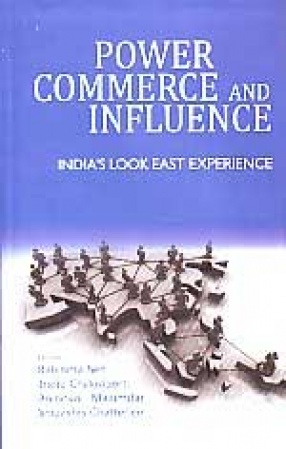
Papers presented at a national seminar held at Kolkata.

The world is changing fast. According to many analysts, the 21st Centuary is centered in Asia. Four of the world’s largest economies would be from Asia like Japan, China, India and Russia by 2030. South Asia is likely to have maximum problems also like Security, Economic Growth, Terroism and interference from powerful countries like USA, Western Europe, China and Russia. Besides, the countries of south Asia want to change for the better and so they ...

At the end of one century and the beginning of another, it is time to take stock. India as an independent, democratic republic has been in existence for only around half a century. Other major democracies which are now being called post-modern, are far older. However, the civilizational forces which make a country what it is, have been in operation in India for thousands of years. Apart from the positive influences of its past, the country also has to carry an ...
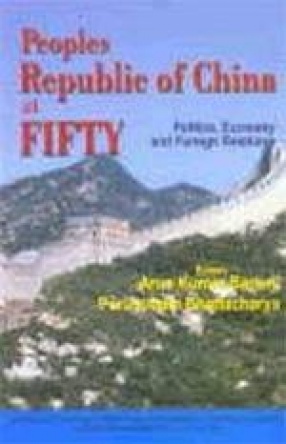
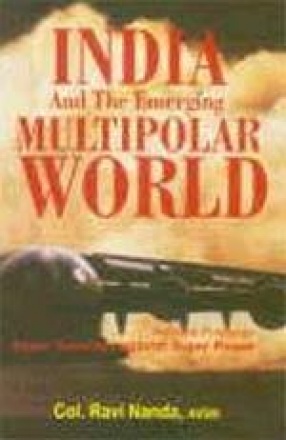
A decade of unipolar world has thrown a challenge to the rest of the world to create such an international structure where unilateralism has no place. The present global order is seen as unstable and unjust. The nation states desire a global order which has both stability and equilibrium. New power centres are bound to emerge in various regions of the world in order to neutralise US domination. Slowly, but definitely, democracy is taking roots in most parts of ...

Pakistani assistance for the anti-government of India activities was not due to only its revanchist spirit following its loss of East Pakistan but for keeping its military preoccupied with internal security duties thereby trying to neutralize the superiority of the Indian armed forces. Such a policy could ultimately weaken the unity of India just as the bleeding of soviet troops in Afghanistan contributed to the break-up of USSR. The day of infamy in New York and ...

South Asia has an image of being a protracted conflict-ridden region where many interstate conflicts persist without any settlement. Yet, there is no denying the fact that conflicts have con-currently created opportunities and pressures for peace; various bilateral and multilateral attempts at peacemaking have coexisted with the conflict process itself, but their success is limited in some cases. The South Asian states accept this reality; breakdown in peace ...

This book provides a comprehensive survey of the emergence of five newly independent countries in Central Asia namely Kazakhstan, Kyrgyzstan, Tajikistan, Turkmenistan, and Uzbekistan and its impact on the politics of the region. The main focus of this volume is on the political development in Central Asia after the disintegration of the Soviet Union. Historically, the region has played a central role in shaping the Euro-Asian civilization. The Central Asian ...

Will Kashmir stay as an integral part of India? Or the insurgency will lead to its breakaway? Can increased application of air power help to contain insurgency? Some unwelcome facts stare us in the face when we look at Jammu and Kashmir problem. In last 12 years, the insurgency, barring a short period, has continued and is beginning to increase in intensity. Large number of ground forces have been tied up to fight the insurgency. The strategy adopted so far has ...
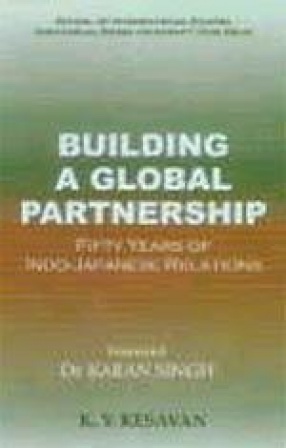
Both India and Japan are now commemorating the fiftieth year of their diplomatic relations which have witnessed different vicissitudes. During the cold war years, ideological constraints created barriers to their closer understanding. In addition, India’s strict adherence to inward-looking economic strategies aroused serious reservations in the minds of the Japanese about their long-term economic interests in India. Bilateral relations, ...
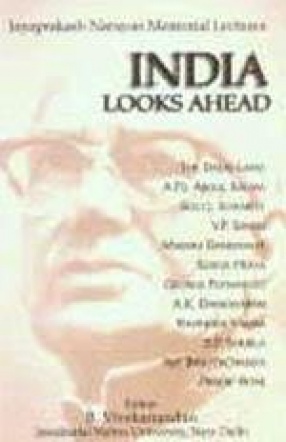
This significant book is the confluence of thoughts of twelve outstanding personalities on various key questions India is faced with and is pointing the way for the future. These brilliant minds have articulated their thoughts through the medium of Jayaprakash Narayan Memorial Lectures. Among the great personalities whose thoughts form parts of this book are a Nobel Laureate, The Dalai Lama; a Bharat Ratna, Dr. A.P.J. Abdul Kalam; a Padma Vibhusan, Soli J. ...
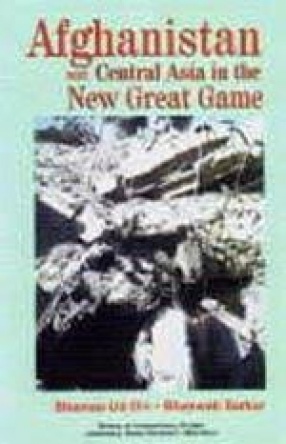
Afghanistan’s geographical location and political instability has made it an easy pawn in power game. However, the country despite its fragile economy and political weakness has not proved to be very malleable. The Soviet occupation was met with grit and determination albeit sustained by funding from Saudis and American power. As a result, millions of Afghans perished, were disabled and rendered homeless. Besides, it led to complete economic ...


On 11 May 1998, India shed its veil of secrecy and declared itself a nuclear weapons state.Pakistan followed a fortnight later and the security environment of South Asia was changed. Or was it? Few know how vast India’s nuclear infrastructure actually is and how far the country had come to becoming a nuclear weapons state prior to the May tests. The same applies for Pakistan. This book details the nuclear weapons capabilities of India and Pakistan prior and ...

The book is a tale with a past, a story about the present and what is expected in the future. The story revolves around three brain transplant surgeons who pioneer the concept in the United States, only to be drawn back to India to set up a futuristic corporate hospital in New Delhi, the only one of its kind east of the Atlantic Ocean. The transplant surgeons have perfected the art of replacing diseased human brains with normal ones stored in the ...
